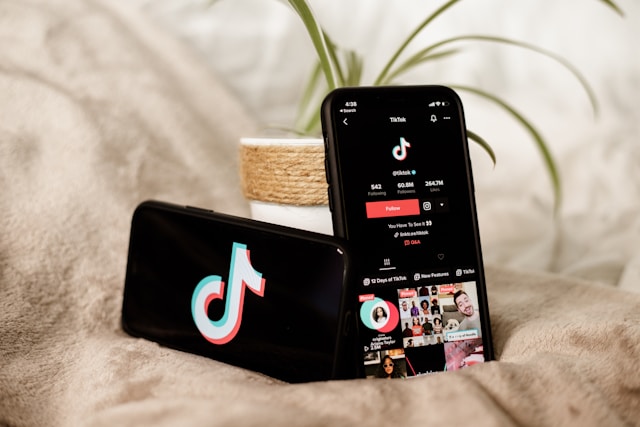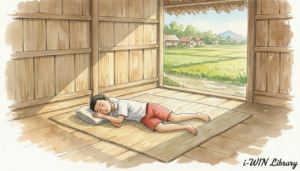Legal Protection for Tiktok Content Creators From the Act of Re-Uploading Other Parties Without Permission Based on Law Number 28 of 2014 Concerning Copyright

Author (s) : Farahdiny Siswajanthy; Herli Antoni; Nuradi; Airel Hamu Lee Hunggu
Institution : Faculty of Law, Pakuan University, Indonesia
Category : Article, IJMMU
Topics : Hak Cipta; Content Creator; Tiktok
Abstract : Protection of creative video copyrights of Tiktok content creators that are taken without permission through social media for commercial purposes based on Law Number 28 of 2014 concerning Copyright. Copyright is the exclusive right of the creator that arises automatically based on the principle of declarative after a work is realized in real form without reducing restrictions in accordance with the provisions of laws and regulations. Moral rights are rights that must remain permanently attached to the work born by the creator, which is basically done to respect the creator’s creativity by including his name in the copyrighted work. Economic rights are the exclusive rights of the creator or copyright holder to obtain economic benefits for their creations. In practice, there are many violations committed by Instagram account users by re-uploading creative videos of Tiktok content creators without permission to the creator. The rise of copyright infringement on Tiktok content creators’ creative videos committed by other parties has hindered the development of creativity in the field of cinematography and decreased income to creators. The results of the study show that all creative video works created are protected by Law Number 28 of 2014 concerning Copyright, as long as the party concerned can prove that the work is his creation. In terms of service on Tiktok, there is already copyright protection by providing non-exclusive licenses to works uploaded by the creator. This research was conducted to find out the truth and legal reality that occurs in society. The legal relationship between Tiktok content creators and Instagram account users will be born if there is an agreement based on a contract as stipulated in the Civil Code. The sanctions contained in Law Number 28 of 2014 have regulated sanctions for copyright infringement. Dispute resolution can be through litigation or non-litigation. Copyright lawsuits can be filed with the Commercial Court. It is better to file a lawsuit after a criminal verdict that has permanent legal force. In taking creative videos of Tiktok content creators, Instagram users should first ask permission from Tiktok content creators.
Article can be downloaded here Legal Protection for Tiktok Content Creators From the Act of Re-Uploading Other Parties Without Permission Based on Law Number 28 of 2014 Concerning Copyright







